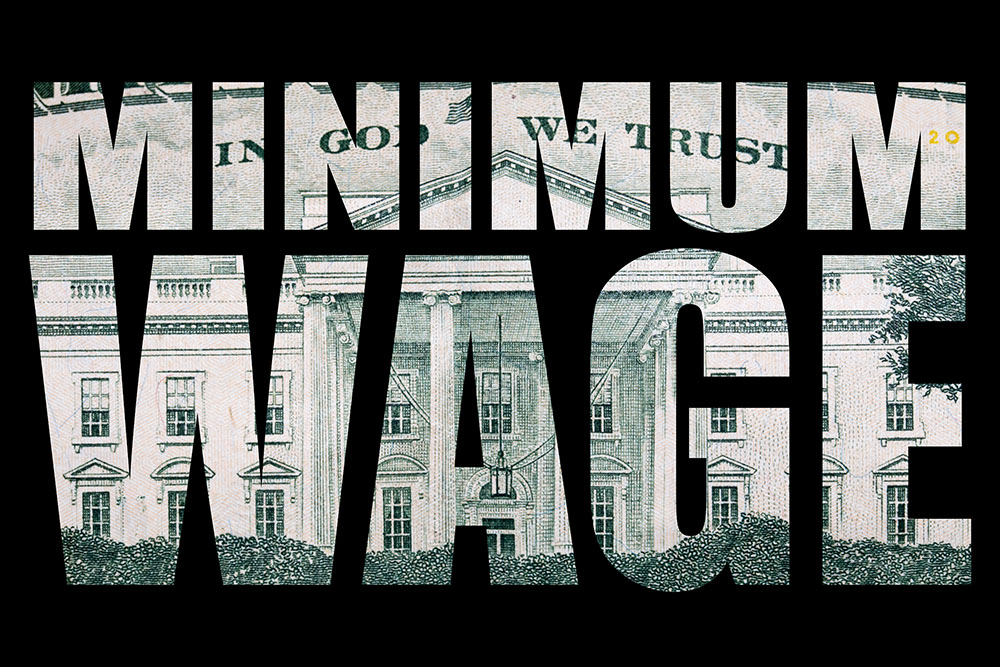President Joe Biden’s Executive Order requiring federal contractors to pay their workers at least $15 an hour isn’t seen as having a major immediate effect, but it does reinforce the administration’s effort to advocate for a $15 national minimum wage.
Biden signed the Executive Order April 27. The order means starting January 30, 2022, all agencies will need to incorporate a $15 minimum wage in new contract solicitations, and by March 30, 2022, all agencies will need to implement the new rate into new contracts, according to a White House fact sheet.
The new order also means the federal government will continue to index the minimum wage to an inflation measure so that every year after 2022, the rate will be automatically adjusted to reflect changes in the cost of living.
In addition to raising the minimum wage for employees working on federal contracts, it will eliminate the tipped minimum wage for federal contractors by 2024 and ensure contract workers with disabilities also earn at least $15 an hour, according to the fact sheet.
What Employers Need to Know
Kevin C. McCormick, an attorney with Whiteford, Taylor & Preston, L.L.P. in Baltimore, Maryland, points out that the impact of the new order is lessened since the new rate doesn’t take effect until March 2022 and many employees of federal contractors already earn at least $15 an hour.
Also, the order doesn’t cover private-sector employers without federal contracts, so it will have only a secondary effect on those employers, McCormick says, adding that even though efforts to raise the federal minimum wage above the current $7.25 an hour have failed, many state and local governments have enacted their own minimums above the federal rate.
McCormick also points out that federal contracts are regulated by more than just the latest Executive Order. The Davis-Bacon Act and the Service Contract Act, for example, require contractors to pay workers no less than the locally prevailing wages and fringe benefits for corresponding work on similar projects in the area.
Rodney L. Bean, an attorney with Steptoe & Johnson PLLC in Morgantown, West Virginia, says the overall effect of the Executive Order is “pretty small” in terms of the number of employees directly affected, “but it will keep the pressure on Congress and the Department of Labor to take some action to raise the overall federal minimum wage.”
“The provision that pegs the federal contractor minimum wage to inflation is significant,” Bean says. “It means federal contractors are going to have to deal with wage hikes every year moving forward. That’s going to require careful planning.”
Order’s Details
The White House fact sheet says the new Executive Order builds on President Barack Obama’s Executive Order 13658, which was issued in February 2014 and required federal contractors to pay employees at least $10.10 per hour. That wage was subsequently indexed to inflation, so the minimum wage for workers performing work on covered federal contracts is currently $10.95 per hour and the tipped minimum wage is $7.65 an hour.
The Wage and Hour Division of the U.S. Department of Labor and the Federal Acquisition and Regulatory Council will engage in rulemaking to implement and enforce the new order.
Tammy Binford writes and edits news alerts and newsletter articles on labor and employment law topics for BLR web and print publications.
The post New Biden Order Called Limited But Keeps Push For $15 Minimum Wage appeared first on HR Daily Advisor.
